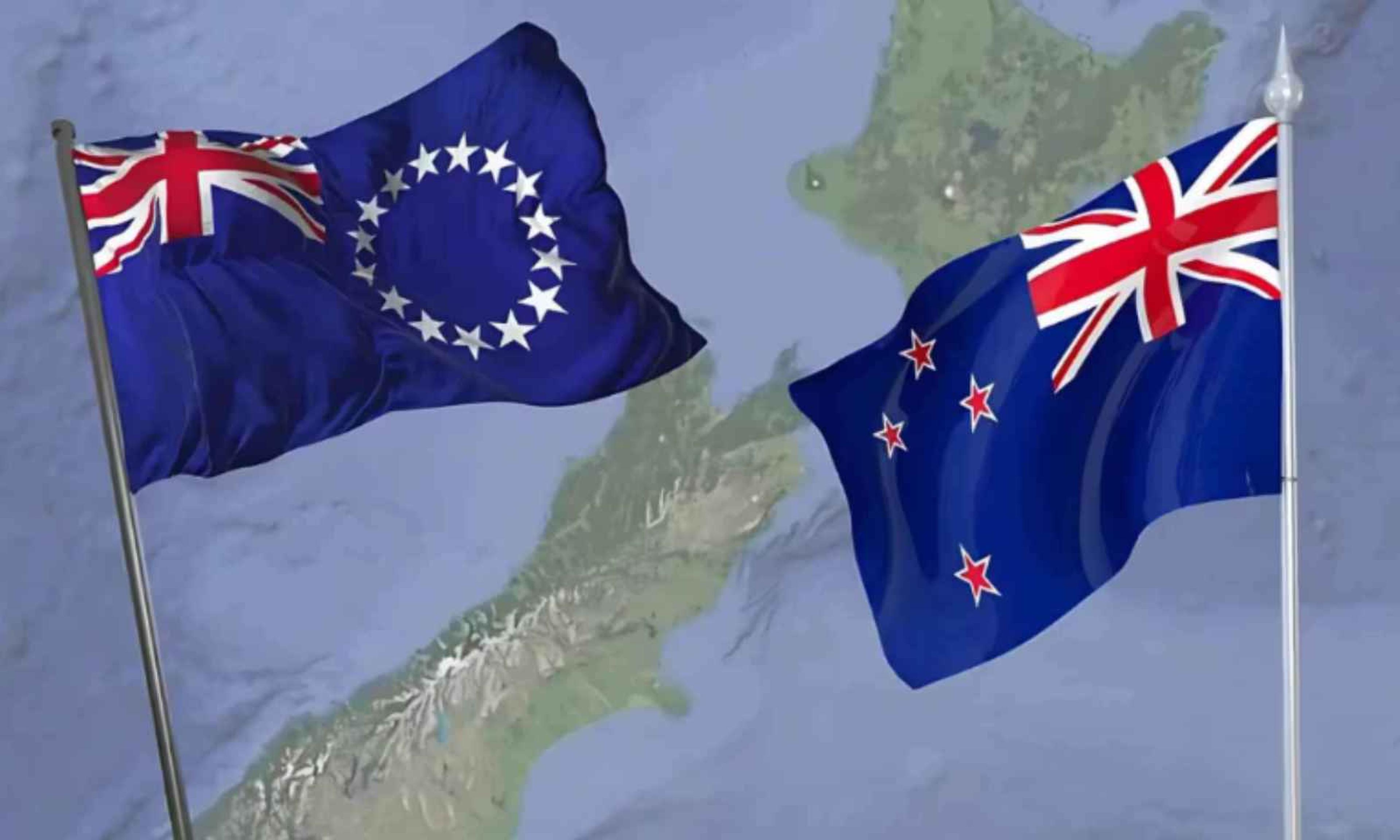

The state-of-the-art Maishima Incineration Plant in Osaka with an eye-catching colourful exterior.
Photo/PMN News/Christine Rovoi
From Japan to the Pacific: How innovation and community action power climate solutions
As the Pacific faces rising seas and growing climate threats, Japan is stepping up with innovative, community-driven solutions.



Pacific leaders demand fair backing as Moana Pasifika cancels Tonga Super Rugby match

Diamond Langi steps into her boldest era with ‘Yodelay' ft. JKings

Cook Islands projects still delayed as NZ funding suspension continues over tensions


Pacific leaders demand fair backing as Moana Pasifika cancels Tonga Super Rugby match

Diamond Langi steps into her boldest era with ‘Yodelay' ft. JKings
Japan is taking major steps to address climate change, from its busy cities to quiet coastlines.
The country is not only tackling local issues but also developing solutions that can help the entire Pacific region, which faces challenges like rising sea levels, warming oceans, and extreme weather.
A group of international media representatives on this year’s Association for Promotion of International Cooperation (APIC) Japan Journalism Fellowship recently toured several environmental projects in Japan, specifically in Osaka, Kagawa, and Tokyo.
From innovative recycling plants to beach clean-ups and urban gardens, the projects showcase how Japan is combining technology with community efforts to create a more sustainable future - one that Pacific Island nations can learn from and relate to.
Power from pollution: Osaka’s Maishima Incineration Plant
In Osaka, waste is transformed into energy at the Maishima Incineration Plant, which burns around 900 tonnes of rubbish every day.
The process helps reduce landfill use and generates electricity. With its vibrant, imaginative design, the plant stands out as a model of environmentally friendly urban infrastructure.
Built over 20 years ago on reclaimed land just outside the city, the facility cost about 60 billion Japanese Yen (around NZ$680 million) to develop - reflecting a major investment in long-term waste and energy management.
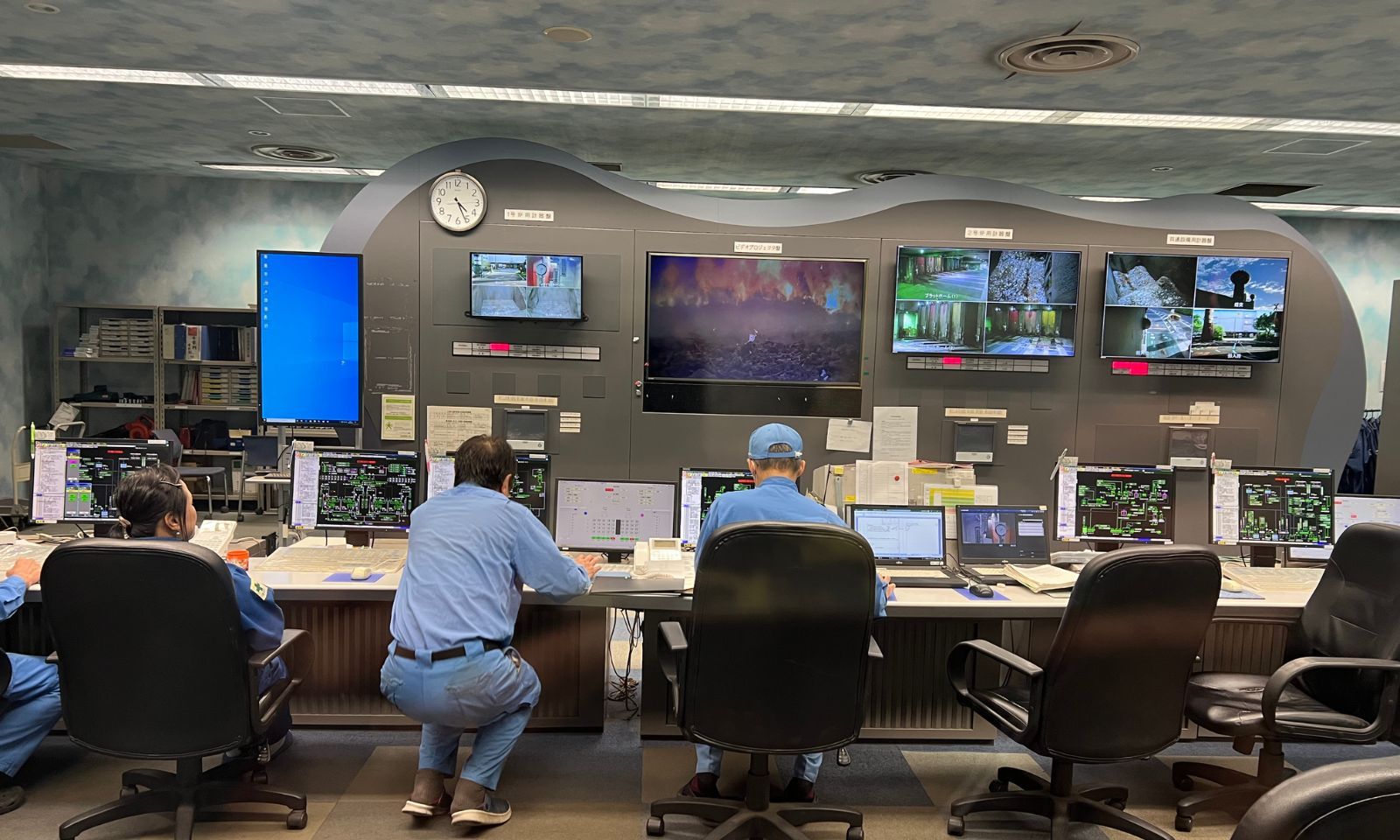
The control room at the Maishima Incineration Plant in Osaka. Photo/PMN News/Christine Rovoi
While such a large-scale model may not be practical or affordable in all contexts, particularly for small island nations, a scaled-down or adapted version of this approach could still offer valuable insights.
For Pacific countries facing limited space for waste disposal, tailored waste-to-energy systems, designed to match local needs and capacities, could help transform a persistent challenge into an opportunity for more sustainable, cleaner communities.
To a first-time visitor like myself who is just passing by, Maishima looks like a captivating dreamland filled with unusual shapes and quirky lines. This amazing structure is one of the best works by the late Austrian artist, Friedensreich Hundertwasser.
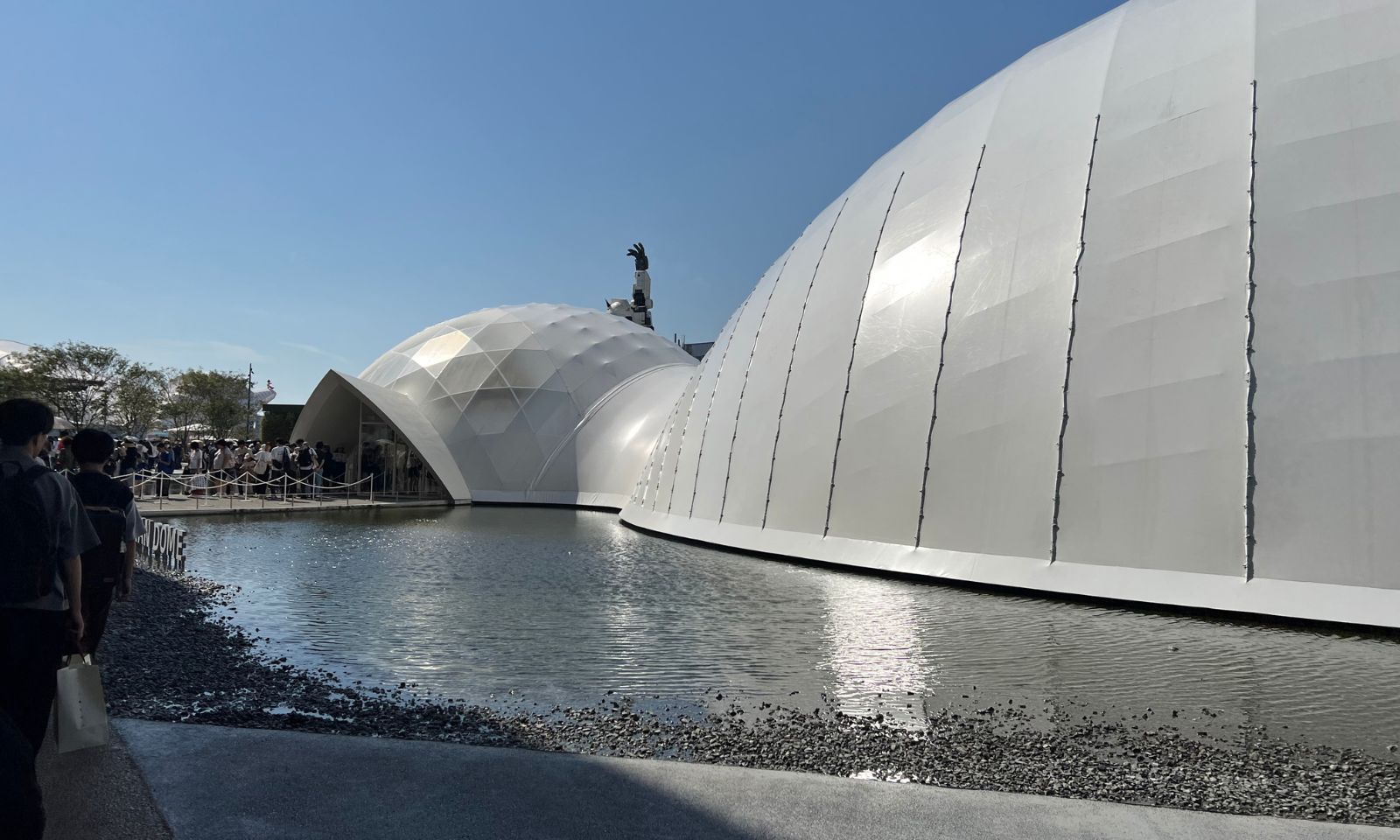
The Blue Ocean Dome at the World Expo 2025 in Osaka. Photo/PMN News/Christine Rovoi
A spotlight on sustainability: Expo 2025 and the Blue Ocean Dome
Japan hosted the World Expo 2025 in Osaka, focusing heavily on sustainability. One of the main attractions, the Blue Ocean Dome, showcased innovative ideas and technologies aimed at protecting our oceans - from cleaning up plastic waste to promoting mindful fishing practices.
These efforts should resonate with many Pacific Island countries, where healthy oceans are vital for food, jobs, and cultural identity.
Japan's commitment to "blue innovation" highlights a shared determination to safeguard the marine environments that everyone, including Pacific nations, depends on.
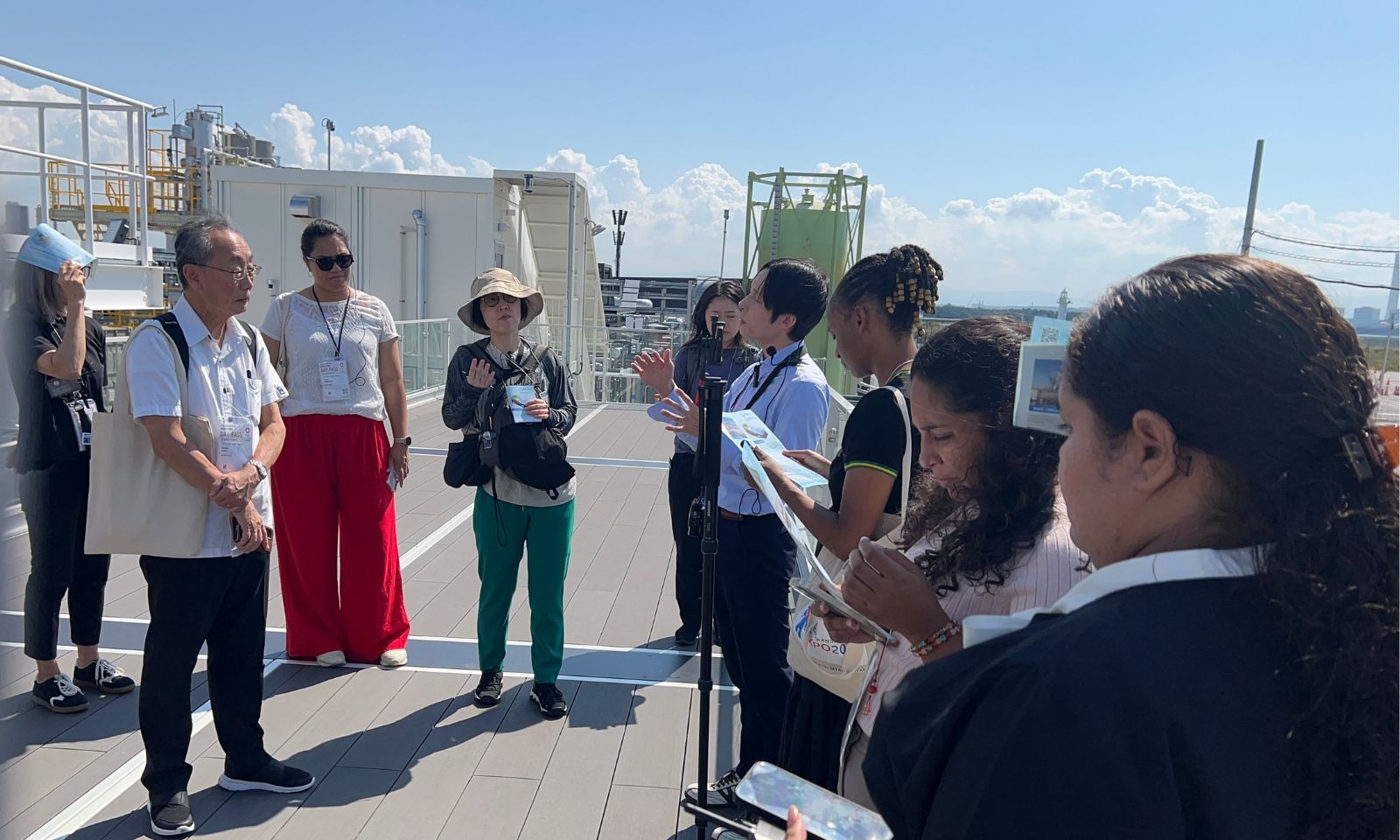
A group of international media representatives toured Japan’s Research Institute of Innovative Technology for the Earth (RITE) in Osaka. Photo/PMN News/Christine Rovoi
Recycling carbon: industries take action
Companies like Air Water and Osaka Gas are fighting climate change by developing technologies for capturing carbon dioxide and turning it into fuel and other useful materials.
These projects are still in the experimental stage (demonstration tests) and are part of research initiatives led by Japan’s Research Institute of Innovative Technology for the Earth (RITE).
The technologies show how businesses could change pollution into something valuable, which is crucial for low-lying island nations that are already feeling the impacts of climate change.
According to RITE, it aims to contribute to the preservation of the global environment and the development of the world economy through the progress of industrial technologies:
"For this objective, under the collaboration with research institutions in the world, we are addressing R&D and the investigation concerning these fields, gathering and providing the information."
Japan’s initiatives align with broader goals supported by many Pacific Islands Forum countries, which have long called for stronger climate action.
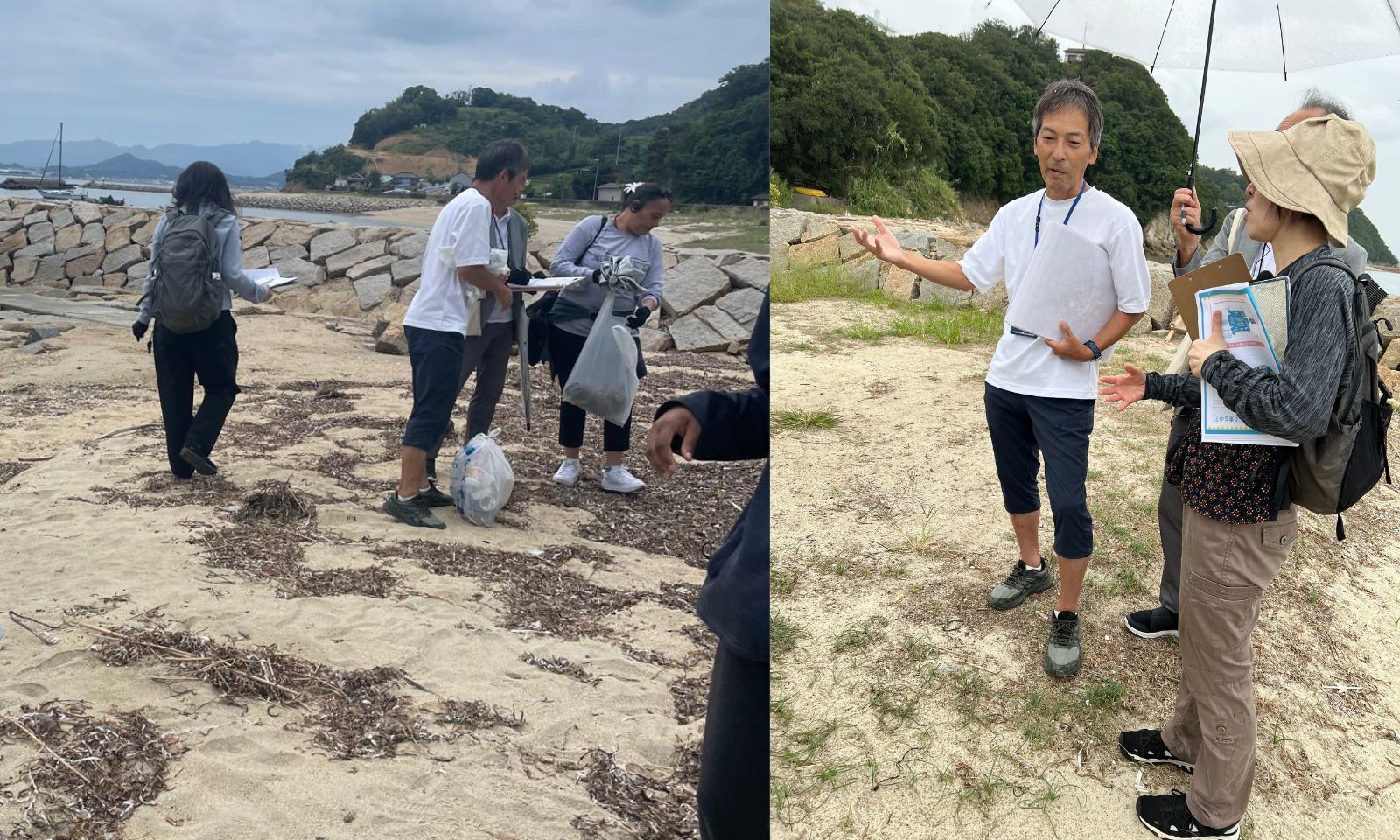
International journalists help collect rubbish at Kijori Beach in Kagawa, Japan. Photo/PMN News/Christine Rovoi
Fighting ocean pollution: community efforts
Climate action isn’t only about big organisations. Communities are also making a difference along Japan’s coast.
The Sea of Connections initiative brings together local volunteers, NGOs, and government bodies to address the growing problem of marine debris.
At beaches in Kagawa, about 475km west of Tokyo, groups not only clean up rubbish but also study where it comes from.
This helps influence policies to prevent pollution - a major concern for Pacific countries dealing with waste that harms their ecosystems and livelihoods.
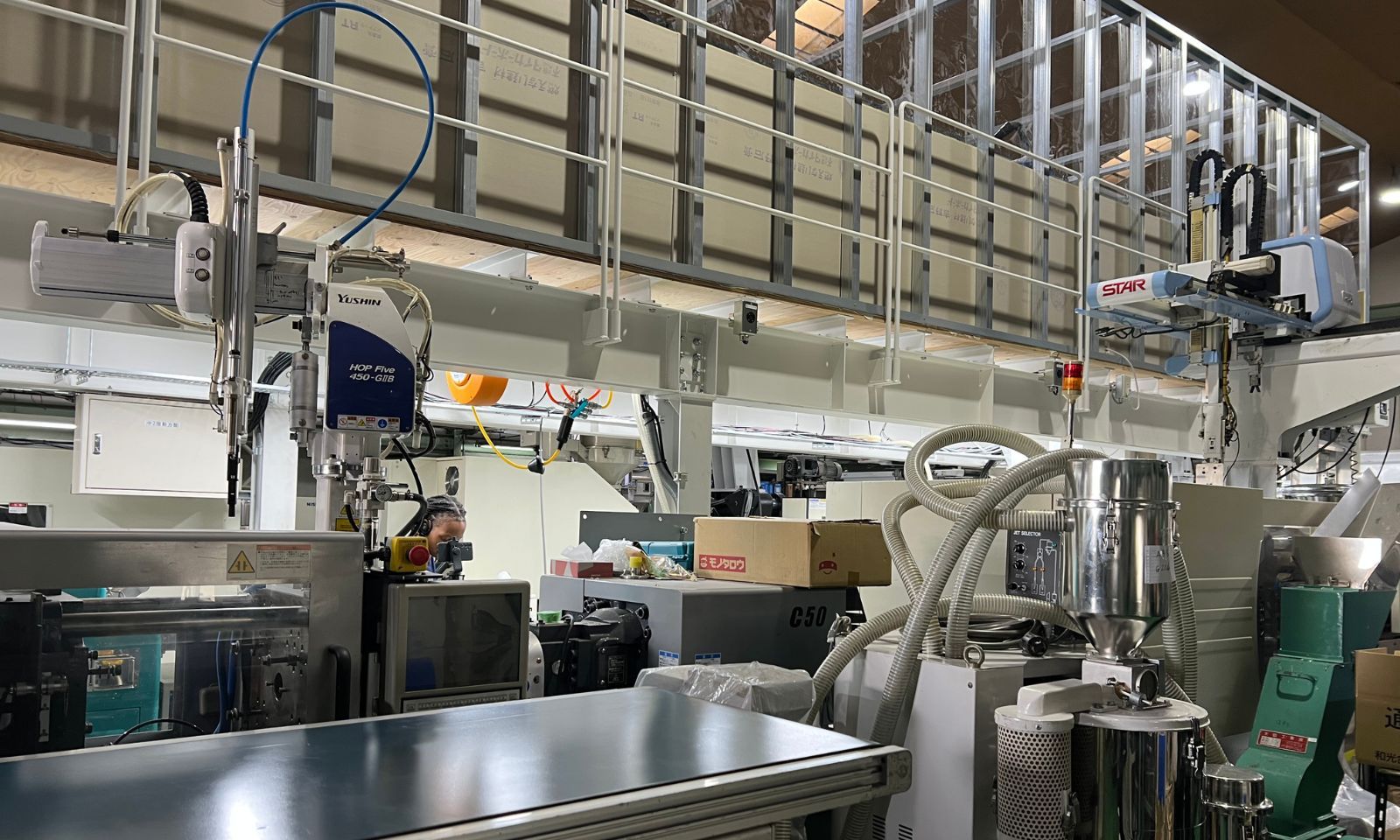
The Koushi Chemical Industry company in Higashi-Osaka-shi, Osaka, Japan. Photo/PMN News/Christine Rovoi
Eco-friendly manufacturing: Koushi Chemical Industry
In the industrial sector, Koushi Chemical Industry Co Ltd is leading by example with its commitment to eco-friendly materials and practices. While Koushi is not a household name, the company shows that businesses can reduce emissions and waste while producing necessary goods.
The family-run company has traditionally manufactured a variety of plastic products for different sectors, including parts for medical equipment, circuit board boxes, beverage equipment, furniture, and building materials.
Now it is focusing on innovative, eco-friendly materials like the shell-based "SHELLTEC," used for sustainable products such as the "SHELLMET" helmet made from recycled scallop shells. The company specialises in various plastic moulding processes and services.
These efforts contribute to a wider shift towards low-carbon economies, which many Pacific nations are aiming for in their pursuit of clean and sustainable development.
According to Tetsuya Nambara, the founder’s grandson and next in line to lead it, Koushi, established in 1969, focuses on manufacturing products primarily made from plastics and aims to support everyday life.
"With growing concerns about sustainability, Koushi reflects on the role of petroleum-based plastics and aspires to make a positive societal impact by proactively understanding the advantages and disadvantages of plastic."
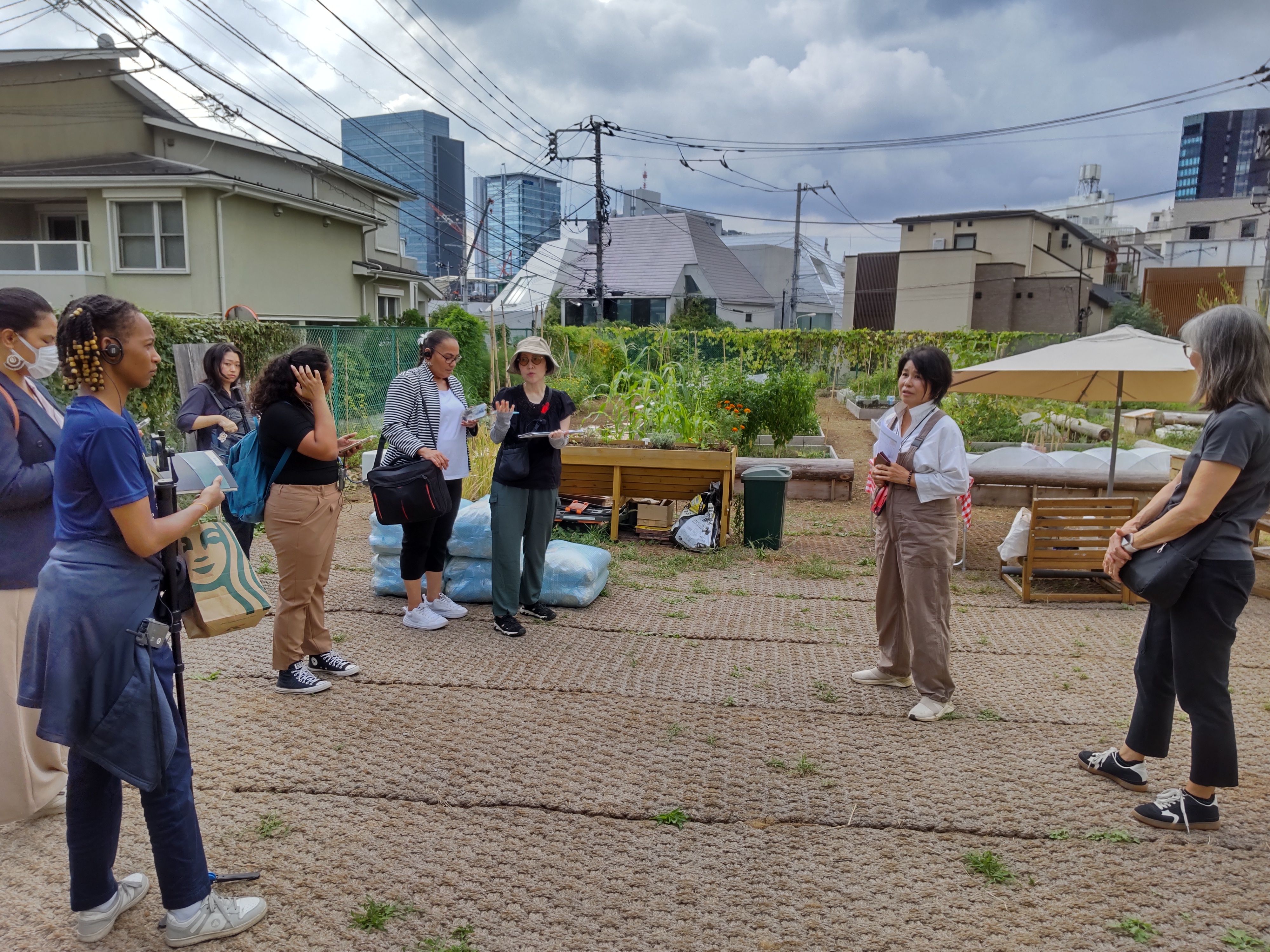
International media representatives visit Tokyo’s Harajuku Harappa Farm, a temporary community farm. Photo/Supplied/APIC
Urban green spaces: Harajuku Harappa Farm
Even in the heart of Tokyo’s busy Shibuya district, there’s a focus on green initiatives.
The Harajuku Harappa Farm is a peaceful urban space where locals can grow vegetables, learn about sustainable living, and reconnect with nature.
Founder Mikiko Anzai says they have temporarily converted a government-owned lot, which had been empty for years, into a working community farm and compost production site.
This small project carries a big message: environmental action starts at the community level. The project also aims to tackle the shortage of farmland in central Tokyo, giving residents, especially children, a place to learn how to grow food. Nearby schools, including Harajuku Gaien Junior High School, plan to use the farm as an outdoor classroom.
As Pacific countries look for ways to build strong and resilient food systems, urban farms like Harajuku Harappa can provide creative ideas for growing food and raising environmental awareness, even within a bustling city.
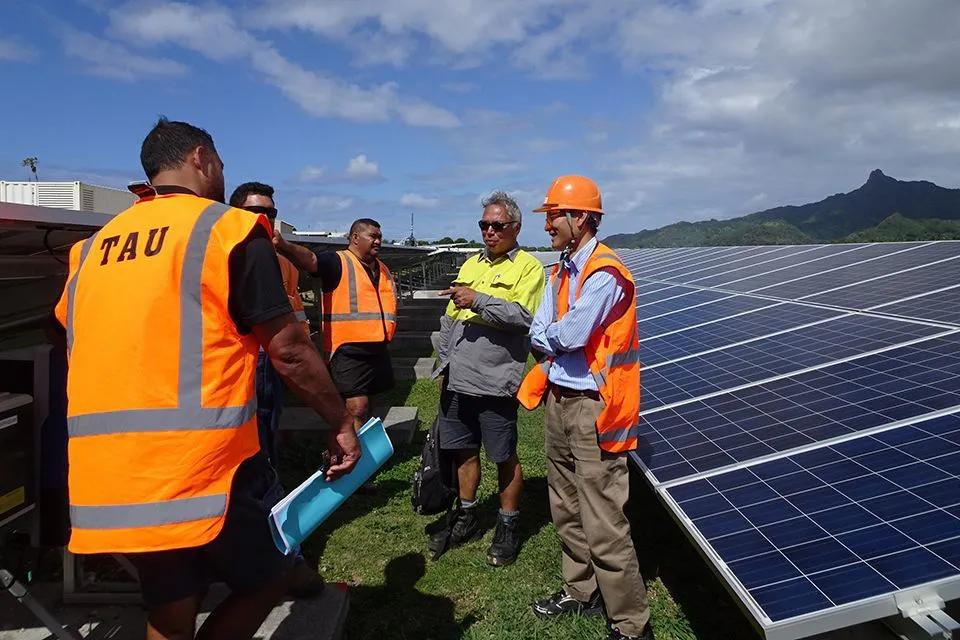
Staff inspect a photovoltaic power generation facility in the Cook Islands. Solar power is an efficient way to generate electricity for the countries of Oceania located near the equator. Photo/Japan govt/File
Shared goals across the Pacific
Japan’s environmental efforts, whether driven by cutting-edge technology or community involvement, highlight the country’s growing partnership with the Pacific region in addressing climate challenges.
This is through financial aid, technical support for renewable energy and climate resilience, and participation in regional initiatives.
Key efforts include supporting the Pacific Resilience Facility and the Pacific Climate Resilience Initiative, contributing to the Asia Zero Emission Centre, and partnering on the Pacific Green Transformation Project to help countries decarbonise and adapt to climate impacts.
By working on issues like reducing emissions, managing waste, and protecting oceans, Japan is connecting with its Pacific neighbours over shared goals.
Expo 2025 closed on 13 October. Saudi Arabia will host World Expo 2030 in Riyadh under the theme "The Era of Change: Together for a Foresighted Tomorrow".
PMN News Senior Reporter Christine Rovoi was in Japan on the APIC Japan Journalism Fellowship. During her time there, she engaged in hands-on experiences to learn about Japan's culture and history, as well as how the country addresses challenges such as natural disasters, climate change, diplomacy, and sustainable living.